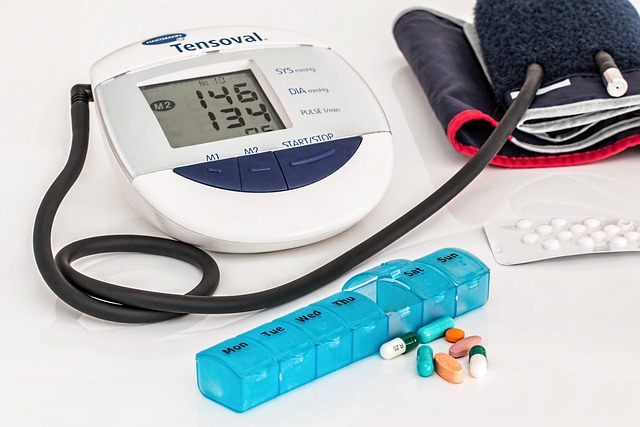In recent years, the intersection of technology and health has given rise to significant innovations that promise to revolutionize our understanding of personal wellness. Among these advancements, the metabolism sensor stands out as a pivotal breakthrough in tracking and managing our metabolic health. Imagine a world where managing your health isn’t just about conjecture but is based on real-time data tailored to your unique body.
The rise of wearable technology has made it possible for individuals to monitor various aspects of their health conveniently. However, the advent of metabolism sensors takes this a step further by providing insights that were previously reserved for clinical settings. These sensors monitor metabolic rates and analyze how our bodies process foods, enabling users to understand how dietary choices impact overall health.
Technological innovations in this field have led to the development of devices that can seamlessly integrate into daily life. Many modern sensors utilize sophisticated algorithms and artificial intelligence to offer personalized recommendations. These smart devices collect and interpret biometric data, such as glucose levels and energy expenditure, helping individuals make informed choices about their diets, exercise, and lifestyle habits.
Moreover, metabolism sensors can help in addressing some of the pressing health issues of our time. With rising incidence rates of obesity, diabetes, and other metabolic disorders, having immediate access to metabolic data can empower individuals to take charge of their health. This proactive approach to wellness contrasts sharply with the traditional reactive methods of health management.
Health innovations surrounding these sensors are also paving the way for better collaborations between patients and healthcare providers. With continuous monitoring and data sharing, doctors can provide more accurate diagnoses and tailor treatment plans according to real-time data. This shift in how healthcare is delivered fosters a more preventative mindset, where individuals are vigilant about their health rather than waiting for symptoms to manifest.
The emotional connection people have with their health cannot be overstated. Many individuals find it challenging to navigate through the plethora of information available today. Incorporating a metabolism sensor into their routine can bridge this gap, offering clarity and guidance. As users witness tangible changes in their health outcomes, the sense of empowerment and control over their lives can be profound.
The road ahead is promising. As the technology behind metabolism sensors continues to evolve, we can expect enhancements in accuracy, affordability, and accessibility. Futuristic concepts such as integration with smart home systems or nutrition apps could further streamline the experience, enabling users to maintain optimal health effortlessly.
In conclusion, the fusion of sensor technology and health monitoring is not just a trend; it is a fundamental shift in how we perceive and manage our well-being. As these tools become more integrated into our everyday lives, they will undoubtedly change the conversation around health and fitness, making it more personal and, ultimately, more effective.




